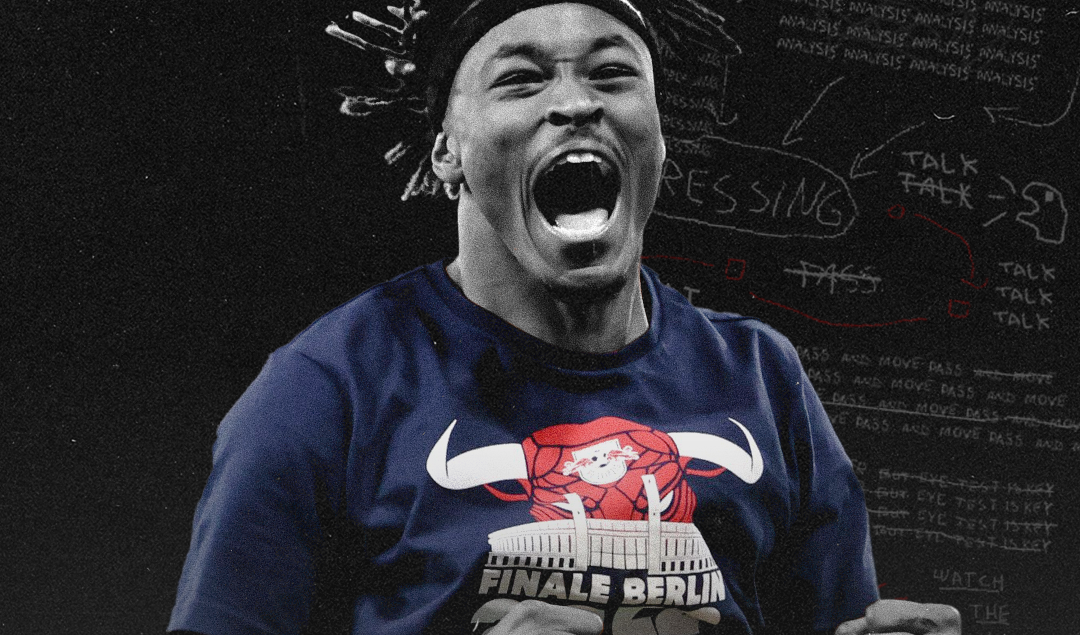Esports as a Cultural Phenomenon: Beyond the Game
Esports has evolved from a niche hobby into a global cultural phenomenon, reshaping how people interact with gaming, entertainment, and even each other. No longer just about playing video games, esports represents a convergence of technology, competition, media, and community. Platforms exemplify this transformation, offering immersive experiences where players can compete, stream, and connect with audiences worldwide. These platforms have made esports more accessible, interactive, and socially significant than ever before.
The growth of esports has been fueled by advancements in technology and digital connectivity. Online platforms allow players from different regions to compete in real-time, participate in virtual tournaments, and showcase their skills to a global audience. Online Vortex Game, in particular, provides a robust environment for competitive gameplay, leaderboards, and community engagement, making it a hub where casual gamers and professional competitors intersect.
Such platforms blur the line between traditional gaming and organized, professional esports leagues, illustrating how gaming has transcended entertainment to become a recognized cultural force.
The Rise of Esports as Entertainment
Esports is no longer confined to gamers alone; it has become a form of mainstream entertainment. Major tournaments like The International (Dota 2), League of Legends World Championship, and Fortnite World Cup draw millions of live viewers and generate substantial media coverage. Streaming services such as Twitch, YouTube Gaming, and Facebook Gaming allow fans to watch competitions, follow players, and engage in community discussions. This spectator aspect of esports has contributed to its cultural significance, transforming players into celebrities and competitions into global events.
Moreover, esports has cultivated unique social communities where shared interests create bonds beyond geographical limitations. Fans gather to discuss strategies, celebrate victories, and even critique professional gameplay, fostering a sense of identity and belonging.
Economic Impact and Professionalization
Esports is also an economic powerhouse, supporting careers in gaming, media production, marketing, coaching, and event management. Professional players now sign contracts, receive salaries, and compete for substantial prize pools, rivaling traditional sports in financial stakes. Sponsorships from brands, media rights, and merchandise sales further contribute to a thriving esports ecosystem. This economic dimension underlines the cultural legitimacy of esports, proving it is more than just a pastime—it is an industry with significant societal influence.
The professionalization of esports has also impacted youth culture and education. Universities and colleges worldwide offer scholarships and varsity esports programs, recognizing competitive gaming as a legitimate skill and career path. Students learn teamwork, strategic thinking, and digital literacy while gaining exposure to global gaming trends. This integration of esports into formal education highlights its role in shaping a new generation’s cultural and professional landscape.
Esports and Popular Culture
Beyond professional competitions, esports has permeated popular culture. Influencers, streamers, and content creators play a key role in bringing gaming to mainstream attention. Their presence on social media platforms and collaborative projects with brands introduces gaming to audiences who may not actively play, further embedding esports into the broader cultural consciousness. Events like cosplay conventions, gaming expos, and live tournaments serve as social hubs, blending entertainment, fashion, and fandom, and reinforcing esports as a lifestyle rather than a mere activity.
Esports also influences other forms of media, including films, television, music, and literature. Documentaries like Free to Play and The King of Kong showcase competitive gaming narratives, highlighting personal struggles, teamwork, and triumphs. Fictional representations of esports in shows and movies emphasize themes of skill, ambition, and social dynamics, bridging the gap between digital gaming and broader cultural storytelling.
Social and Cultural Implications
The cultural significance of esports extends to issues such as diversity, inclusivity, and representation. Esports communities often highlight the importance of fair play, equality, and opportunity, fostering discussions about gender, race, and accessibility in digital spaces. While challenges remain, initiatives promoting inclusivity and anti-toxicity are gradually shaping esports culture into a more welcoming environment for all players.
Additionally, esports has introduced new rituals and forms of identity, from in-game avatars and personalized content to fan art and community competitions. These practices reflect how digital cultures are redefining traditional social experiences, emphasizing creativity, collaboration, and virtual community engagement. Platforms enhance this by allowing players to customize experiences, interact with diverse communities, and participate in global competitions, illustrating the expansive cultural reach of esports.
Conclusion
Esports has evolved far beyond its origins as casual gaming. Professional tournaments, streaming services, and community initiatives have collectively transformed esports into a cultural phenomenon that influences entertainment, social connections, and professional aspirations. It shapes youth culture, contributes to the global economy, and fosters communities united by passion, strategy, and competition.
As esports continues to grow, it will not only redefine the boundaries of gaming but also offer a lens through which to understand contemporary culture, digital interaction, and the ways technology reshapes society. For players, fans, and creators alike, esports represents more than a game—it is a cultural movement, a profession, and a global social phenomenon that is here to stay.
